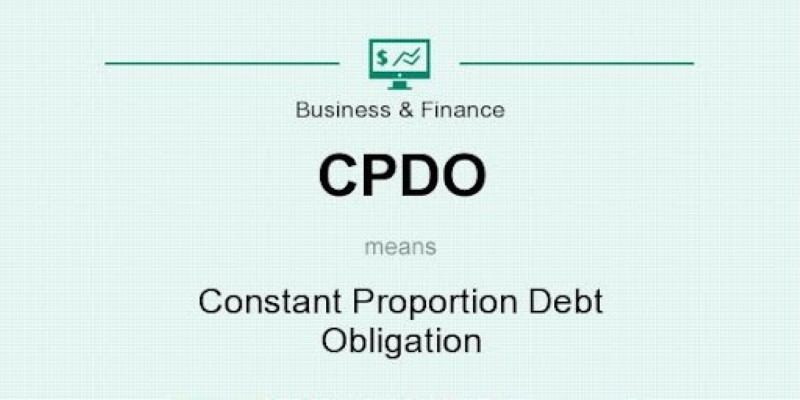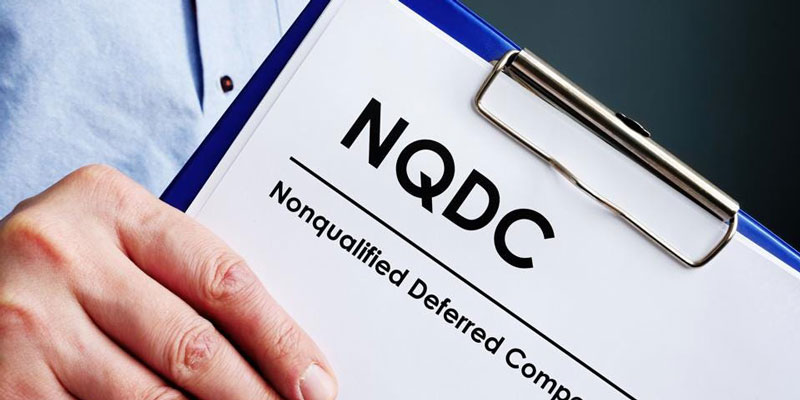Investment

Tracing the Evolution of the Chinese Yuan Renminbi: From Ancient Beginnings to Modern Power
Discover the fascinating journey of the Chinese Yuan Renminbi (CNY), tracing its history, economic evolution, and role in global finance. Understand how China's currency shapes modern economics and trade dynamics.
Read More

Constant Proportion Debt Obligation (CPDO): What It Is and Why It Has Risks
How did Constant Proportion Debt Obligations (CPDOs) contribute to the 2008 financial crisis? This section delves into the collapse of CPDOs, their flaws, and the lessons the financial world learned about over-reliance on credit ratings
Read More

The Rise and Fall of the Vancouver Stock Exchange: Lessons from a Unique Market
Uncover the Vancouver Stock Exchange's history, how it operated, the impact of fraud, and its transformation into the TSX Venture Exchange. Learn key lessons about investing and regulation in 2024
Read More

Understanding the Different Types of Clearinghouses in Financial Markets
Discover how a clearinghouse acts as a crucial intermediary in financial markets, ensuring stability and efficiency in transactions. Learn about its role and importance in 2024
Read More

The Key Distinctions Between Alpha and Beta Personalities
Differences between Alpha and Beta, including their pros, cons, and unique characteristics. Understand the key factors that set them apart and determine which suits your needs better
Read More

Deciphering Public Offerings: Direct Listings versus IPOs
Explore the differences, advantages of direct listings and IPOs in capital markets for informed investment decisions.
Read More

Great Western Insurance Company: Behind the Scenes of Customer Satisfaction
Explore how Great Western Insurance Company excels in customer satisfaction through personalized services, innovative technology, and community involvement.
Read More

The Ultimate Guide to Curated ETFs: Building Your Model Portfolio
Unlock the secrets to building a successful ETF portfolio with our comprehensive guide, from basics to advanced strategies.
Read More

Roofstock Review 2024: Real Estate Investment Made Easier
This article features a detailed Roofstock review to show you how easy it is to invest in real estate and properties.
Read More

Difference Between Hedge Funds and Mutual Funds
Mutual funds are publicly traded investment companies that are subject to exchange regulations. The only people who can invest in hedge funds are those who have shown their financial standing
Read More

All You Should Know About Not Knowing About Your Stock's Basis Costs
What do you do when not knowing your stock's cost basis can cost you? Read this guide to learn about it.
Read More

Deciding Between Savings Accounts and Bonds: What You Need to Know
Understanding the differences between savings accounts and bonds. Make informed financial decisions.
Read More

Securing Contractor Insurance: A Step-by-Step Procurement Guide
Contractors and construction workers are the most at-risk personnel in the labor industry. Contractor Insurance becomes necessary for such companies and businesses. Read more.
Read More

All About Basics of Algorithmic Trading: Concepts and Examples
Algo trading is a form of automated trading in which predefined algorithms are utilized to make transactions. Algorithmic trading occurs when a computer is programmed with a set of rules or an algorithm, and the trade is carried out automatically based on the satisfaction of those rules. Expense, duration, and quantity are only a few possible starting points for an algorithm.
Read More

What Is An Imputed Cost? Everything You Need To Know
When opposed to the concept of "opportunity cost," the term "imputed cost" is used in a more restricted manner and, most often, relates to the "interval events" of a business. Costs that aren't there include things like interest paid on owners' equity, rent paid on a building that the company owns, and many other such things. However, there are situations in which the phrases "opportunity cost" and "imputed cost" may be used interchangeably.
Read More

Premium vs Discount Bonds: Which Should You Buy?
When a bond first gets issued, it's an ordinary bond, never an investment bond or discount bond. That is, the cost that you are charged for the brand new bond (its initial price) remains fixed and is referred to as "the par value. A bond is deemed "premium" or "discount" when it is traded in the marketplace. New bonds are offered through "the "primary market" and existing bonds are offered through "the "secondary market."
Read More

T Rowe Price Funds
The bighorn sheep, known for its strong footing and dexterity even in the most difficult climbing conditions, serves as the corporate emblem for T. Rowe Price. Because investors can depend on the company's investment experience to help them through all kinds of markets, this name was picked to symbolize that.
Read More

Navigating Artificial Intelligence: Lessons from the Financial Sector
Delve into 'Navigating Artificial Intelligence: Lessons from the Financial Sector', examining valuable insights derived from finance's AI journey, beneficial for all AI adopters.
Read More

Evaluation of The RISLA Student Loan Program For The Year 2023
RISLA may have its headquarters in Rhode Island, but it provides services to borrowers across the US. Income-based repayment and partial debt forgiveness set RISLA apart from other private student loan providers. Residents and students of Rhode Island may be eligible for further pricing discounts
Read More

Why There Is No Dell Stock
Apparently under consideration was a reversed merging among Dell and VMware Inc. (VMW), a public companies cloud services firm that Dell bought as part of its $67 billion takeover of EMC in 2015. Dell might reenter the market before going public if it sold itself to the small startup it currently controls. Despite the possibility that Dell could pick the traditional IPO route, it appears that the business will remain private for a sizable period of time.
Read More

What Is Warren Buffett's Investment Strategy?
Who isn’t familiar with the name Warren Buffett? Read on to learn more about Buffett's approach and how his investments have allowed him to build such a fortune
Read More

Why Would a Stock Have No Par Value? What to Consider
No Par Value equities lack a written par value on the share certificate or in the firm's prospectus that issued them. There is no way to determine how much these stocks are worth based on a minimum value. Instead, prices are determined by how much investors are ready to pay.
Read More
